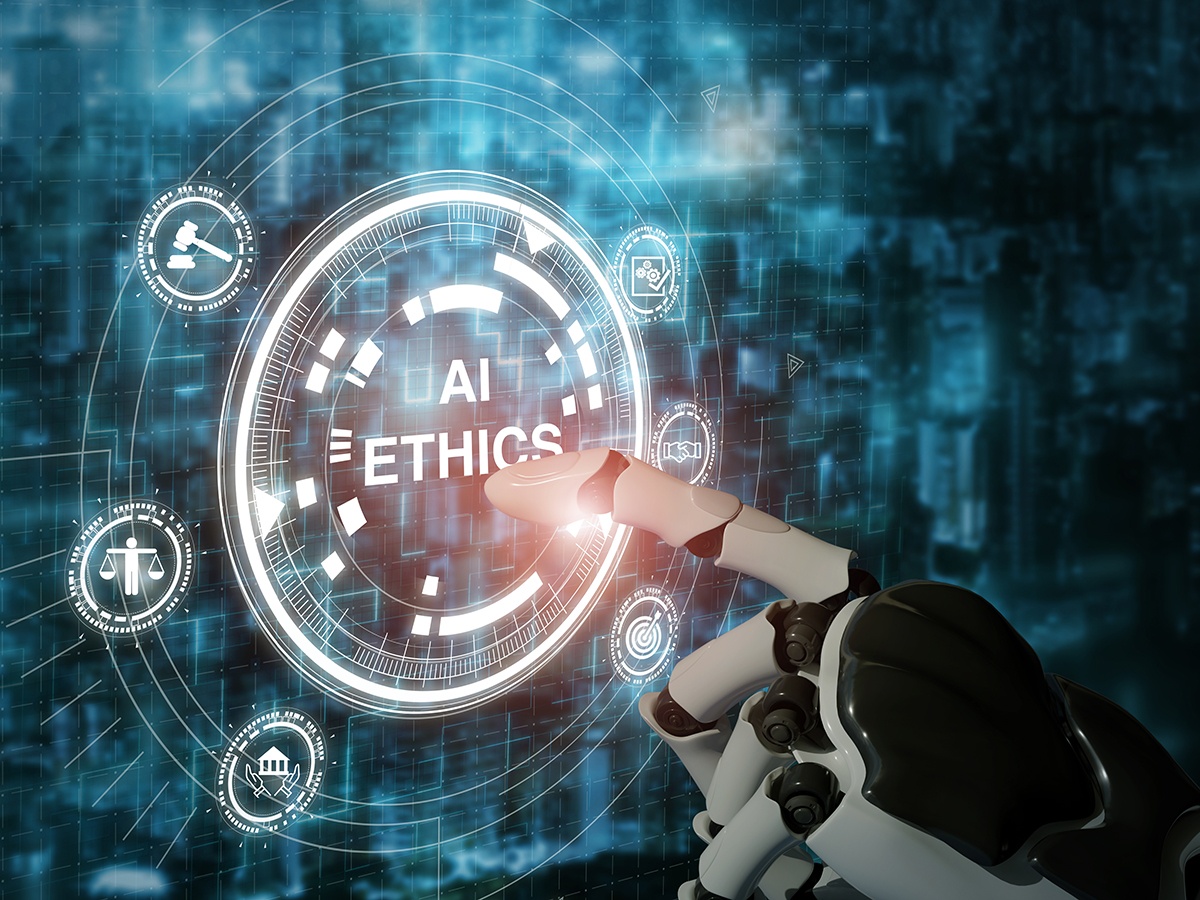
The AI Revolution: Emerging Advancements and Ethical ImplicationsThe AI Revolution: Emerging Advancements and Ethical Implications The dawn of the 21st century has witnessed the transformative power of Artificial Intelligence (AI). From self-driving cars to facial recognition systems, AI is rapidly reshaping our world and presenting both unprecedented opportunities and ethical challenges. Emerging Advancements Advances in AI are occurring at an exponential rate. Natural Language Processing (NLP) algorithms now enable computers to comprehend and respond to human language with increasing accuracy. Machine Learning (ML) empowers systems to learn from data and make predictions without explicit programming. These advancements are driving the development of innovative applications: * Autonomous transportation: Automated vehicles have the potential to revolutionize transportation, reducing accidents and improving efficiency. * Personalized medicine: AI can analyze vast medical records to identify personalized treatment plans for patients. * Financial analysis: AI algorithms can detect patterns in financial data, facilitating more informed investment decisions. * Fraud detection: AI systems can analyze large volumes of transactions to identify suspicious activities, reducing financial loss. Ethical Implications As AI continues to infiltrate our lives, ethical concerns arise: * Job displacement: AI automation could lead to job losses in industries where routine tasks can be performed by machines. * Bias and discrimination: AI systems trained on biased data can perpetuate and amplify existing societal biases. * Privacy and surveillance: AI surveillance technologies raise concerns about privacy violations and democratic surveillance. * Accountability and responsibility: In cases of AI-related accidents or harm, determining liability and accountability becomes complex. * Human values and autonomy: As AI systems become more sophisticated, it is crucial to ensure they align with human values and respect human autonomy. Navigating the AI Revolution To mitigate these ethical challenges and harness the benefits of AI, it is essential: * Establish ethical guidelines: Develop clear ethical principles for the development and deployment of AI. * Implement bias mitigation techniques: Ensure AI systems are trained on unbiased data and incorporate safeguards to prevent bias. * Promote transparency and accountability: Disclose the use of AI in decision-making processes and hold accountable those responsible for AI systems. * Invest in education and reskilling: Prepare individuals for AI-driven workforce transformations through education and reskilling programs. * Engage with stakeholders: Foster dialogue between technologists, policymakers, ethicists, and the public to shape AI’s future. The AI revolution presents both immense promise and profound ethical challenges. By addressing these implications thoughtfully, we can ensure that AI becomes a force for progress and inclusivity, empowering humanity and shaping a better future for all.
Posted inNews